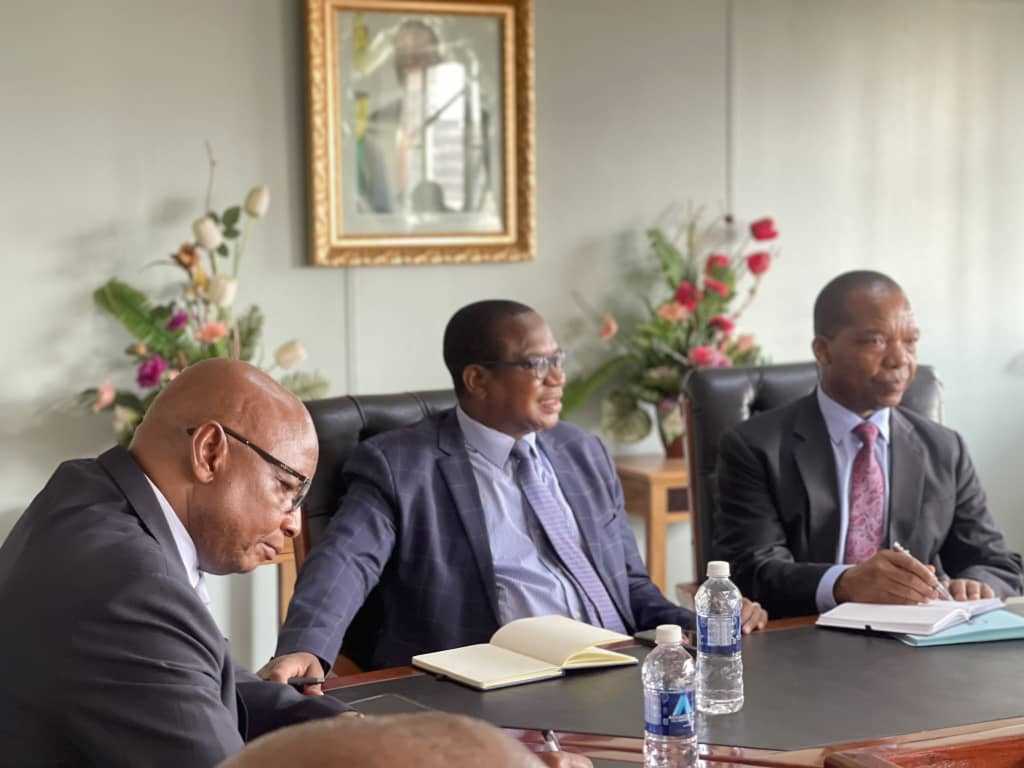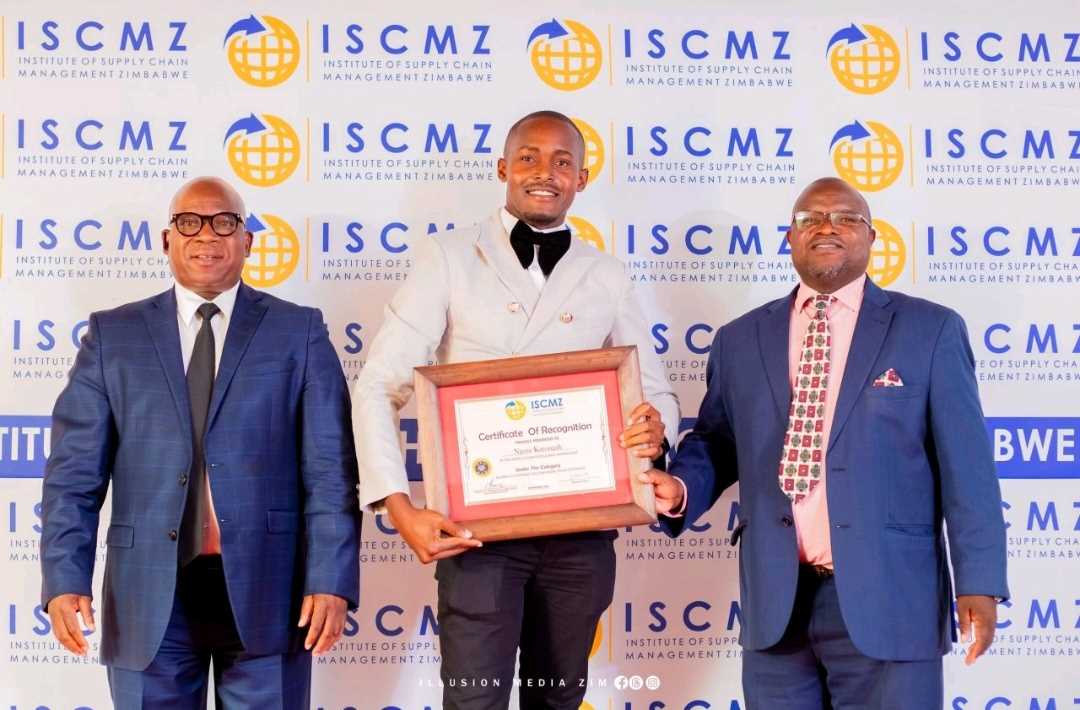
Nyashadzashe Ndoro
ZIM NOW REPORTER
The International Monetary Fund has projected Zimbabwe’s economic growth to moderate to 3.2% in 2024, a significant slowdown compared to the impressive 5.3% growth witnessed in 2023.
This downward revision aligns closely with the Zimbabwean Treasury’s own forecast of 3.5% growth for the year.
While Zimbabwe enjoyed robust economic expansion in the past two years, with a strong 6.5% growth in 2022, the outlook for 2024 appears less optimistic. This moderation is attributed to a confluence of factors, with the El Niño-induced drought playing a major role.
President Emmerson Mnangagwa has already declared a national disaster in response to the severe drought gripping the country. The El Niño phenomenon, known for causing abnormal weather patterns, has resulted in erratic rainfall and dry spells, jeopardising agricultural output, a crucial pillar of the Zimbabwean economy, and electricity production.
The drought’s impact is likely to lead to a decline in agricultural production, a significant source of income for many Zimbabweans and a key contributor to the country’s Gross Domestic Product.
Related Stories
The drought could potentially lead to food shortages, putting additional strain on the economy and potentially fuelling inflation.
Meanwhile, the IMF team led by Wojciech Maliszewski concluded a visit to Zimbabwe this week, acknowledging the country's economic growth despite challenges like currency instability and high inflation.
While acknowledging the country’s economic resilience in the face of challenges, the IMF highlighted the need for urgent reforms to achieve sustainable growth.
“Economic activity in Zimbabwe continues to show resilience,” stated Mr. Maliszewski, ”but local currency instability intensified.”
The mission strongly encouraged the Zimbabwean government to accelerate foreign exchange market reforms.
“A more transparent and market-driven price discovery in the official exchange rate” was advocated for, along with the removal of existing restrictions on foreign exchange trading.
“The restriction on the 10 percent allowable trading margin for pricing domestic transactions should be eliminated,” the IMF team emphasised.



















Leave Comments